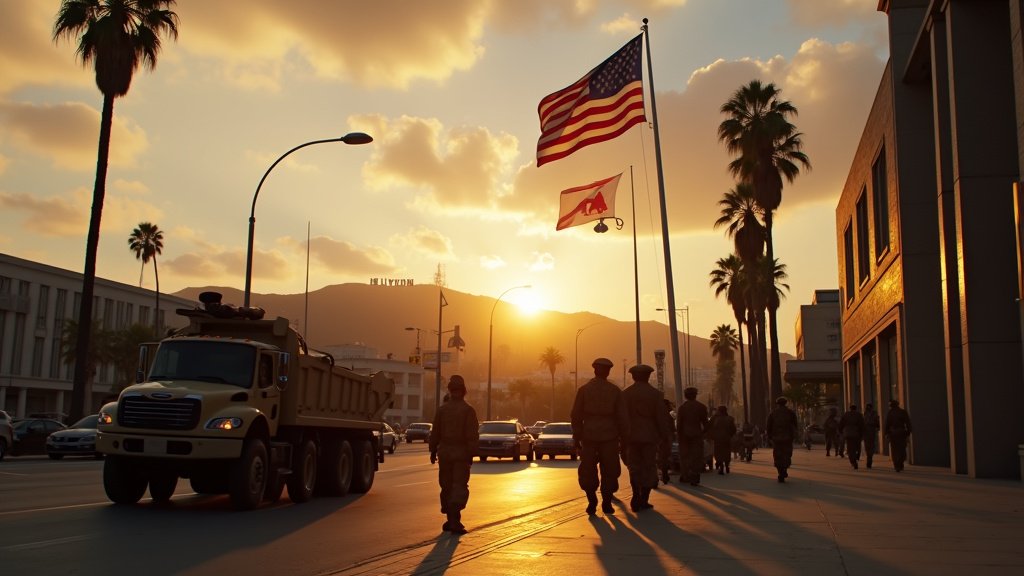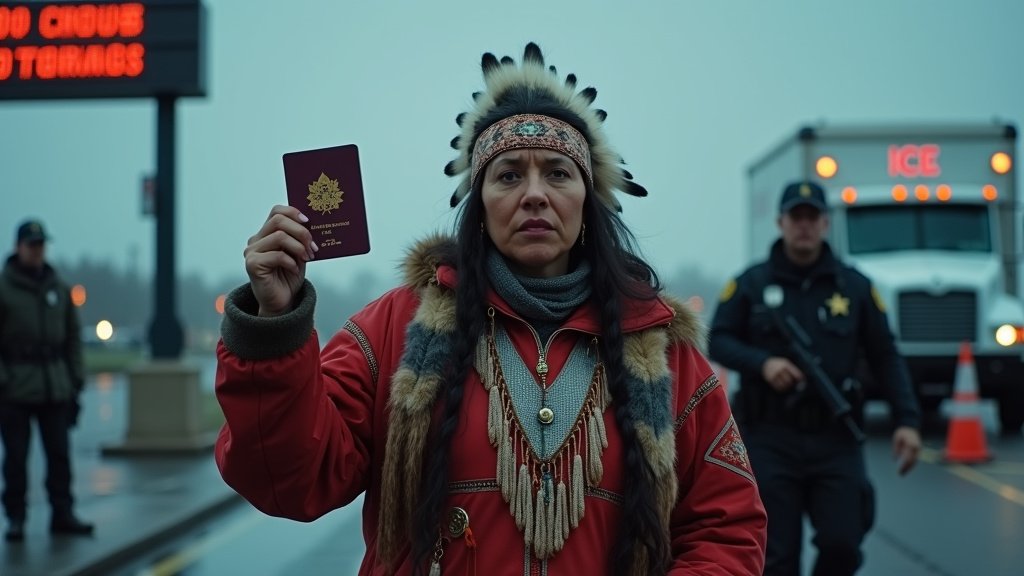The United States Department of Defense, under the direction of Secretary Pete Hegseth, has initiated the withdrawal of 2,000 National Guard troops from Los Angeles. This reduction constitutes approximately half of the federal troops initially deployed to the city. The Pentagon confirmed this action, signaling the release of the California National Guardsmen from their federal protection mission.
Background of Deployment
The deployment of these troops followed President Donald Trump’s order in early June to dispatch roughly 4,000 National Guard personnel and 700 Marines to Los Angeles. This decision was made to support federal immigration raids, which occurred amid widespread protests. Figures released by the Department of Homeland Security, and cited by NBC Los Angeles, indicate that these raids resulted in the arrest of 2,792 undocumented immigrants.
Pentagon’s Rationale
Pentagon spokesman Sean Parnell attributed the troop reduction to a perceived decline in lawlessness within Los Angeles. He cited this as the primary reason for the withdrawal of the National Guard troops. This statement reflects the department’s assessment of the security situation in the city and its decision to scale back the military presence.
Local Government’s Response
Mayor Karen Bass has characterized the troop withdrawal as a “retreat.” Mayor Bass credited the success of peaceful protests and legal actions for this outcome. Her statement suggests a belief that local efforts played a significant role in influencing the federal government’s decision to reduce its military presence in the city.
Context of Protests and Legal Actions
The article also references a lawsuit the city joined that led to an order from a federal judge. This legal action, along with the ongoing demonstrations, appears to have contributed to the changing dynamics between the federal government and the city. Demonstrations took place in front of the federal building guarded by US Marines and National Guard troops on July 4, 2025. These protests, which occurred during a time of heightened tension, likely influenced public opinion and may have put pressure on federal authorities.
Deployment Details and Scope
The initial deployment included a substantial number of National Guard and Marine personnel, indicating a significant federal response to the situation in Los Angeles. The withdrawal of half of the National Guard troops represents a considerable shift in the federal government’s approach to managing the security concerns in the city. The remaining personnel are presumed to continue supporting federal operations as needed, but the reduced presence suggests a change in the overall strategy.
Immigration Raids and Arrests
The immigration raids, which led to a large number of arrests, were a central factor in the deployment of federal troops. These raids raised concerns among various groups and sparked significant protests. The number of arrests highlights the scale of the operations and the impact on the local immigrant population. The raids were a controversial aspect of federal policy, and the presence of military personnel further intensified the debate.
Future Implications and Outcomes
The decision to reduce the National Guard presence in Los Angeles may signal a broader shift in federal policy towards immigration enforcement. The success of protests and legal challenges could influence how future actions are carried out. The ongoing developments underscore the complex interplay between federal authority, local governance, and community activism. The situation continues to evolve, with the potential for further adjustments in the security and immigration policies affecting the city.
Analysis of the Withdrawal
The Pentagon’s decision reflects a balancing act between maintaining security and responding to local concerns. The withdrawal is likely the result of a comprehensive review of the ongoing situation, considering both operational effectiveness and public sentiment. The response also highlights the sensitivity of deploying military personnel to enforce immigration laws. Careful consideration of both legal and political factors contributed to the decision to reduce the military footprint.
Impact on Local Dynamics
The troop withdrawal is expected to have a notable impact on the local community. It may affect the atmosphere surrounding protests and demonstrations, potentially reducing tensions between the federal government and local residents. The reduction in the military presence could foster a greater sense of normalcy in the city. Additionally, this move could enable the reallocation of resources, shifting focus from federal enforcement to local needs.
Legal Challenges and Their Influence
The legal actions taken by the city of Los Angeles have played a critical role in influencing the federal government’s decisions. The lawsuit and the subsequent court order demonstrate the influence of the judicial system. This legal strategy provided a means of challenging federal policies. The success of the legal challenges underscores the importance of the legal process in safeguarding local interests and enforcing constitutional rights.
Conclusion
The withdrawal of National Guard troops from Los Angeles signifies a notable shift in the dynamics between federal agencies and local governance. The reasons behind this move are multi-faceted, including factors related to the perceived decline in lawlessness, the success of legal challenges, and the impact of peaceful protests. The situation remains complex, with the potential for further adjustments and ongoing debate over immigration policies and security measures. The actions taken will likely set a precedent for how federal authorities respond to similar situations in the future.






